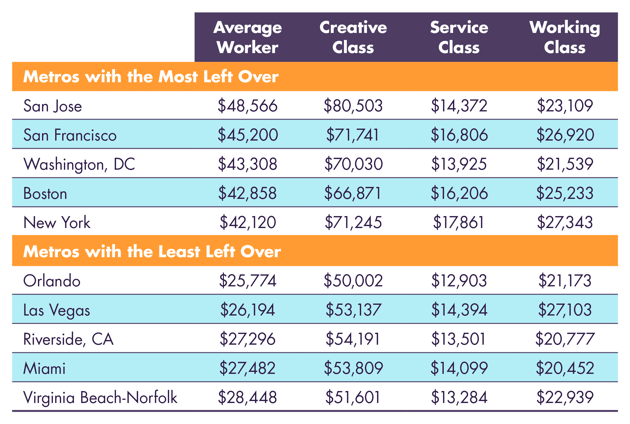They are not just the places where the most ambitious and talented people want to be—they are where such people feel they need to be.
This dynamic is cumulative and self-reinforcing. … Moreover, the advantages that accrue to superstar cities are substantially more enduring than those that accrue to superstar talent.
I tracked housing prices in the more than 11,000 zip codes across America for which the real-estate firm Zillow has data. There are just 160 zip codes where the median home price was $1 million or more; 80 percent of them were located in the New York, Los Angeles, and San Francisco metro areas. All but four of the 28 zip codes where median home values were more than $2 million were located in or around these three cities: 11 in the San Francisco Bay Area, seven in LA, and six in New York. In 2016, 57 percent of homes in the Bay Area were valued at more than a million dollars, up from less than 20 percent of them in 2012. Meanwhile, 56 percent of the zip codes for which data are available have median home values of less than $200,000, and roughly 15 percent have median home values of less than $100,000.
How Many Houses Could the Price of One SoHo Apartment Buy in the Rest of the Country?
Despite these high land and housing prices, the conventional wisdom is that workers tend to be better off financially in superstar cities and tech hubs, which offer higher wages and salaries. … A different picture emerges when taking the higher housing costs of superstar cities into account.
After Paying For Housing, How Much Money on Average Do Workers Have Left Over?
The clustering force is at once the main engine of economic growth and the biggest driver of inequality. The concentration of talent and economic activity in fewer and fewer places not only divides the world’s cities into winners and losers, but ensures that the winner cities will become unaffordable for all but the wealthy. This unrelenting cycle is great news for wealthy landlords and homeowners, but bad news for almost everyone else.
Source: Why America’s Richest Cities Are Pulling Away From All the Others – The Atlantic

